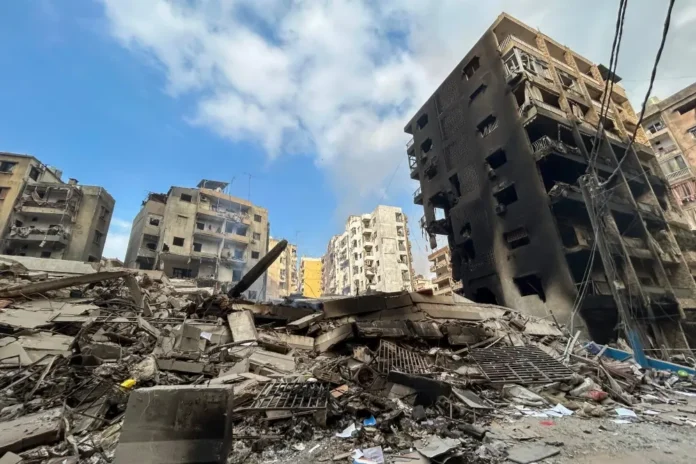By Hosea Parah, Abuja
On Wednesday, the Israeli military conducted airstrikes in southern Beirut, rejecting calls for a ceasefire amid ongoing tensions with Hezbollah. Prime Minister Benjamin Netanyahu stated that a ceasefire would leave Hezbollah forces near Israel’s border, posing a security risk.
Witnesses reported heavy smoke rising from the Haret Hreik area following two strikes. The military had previously warned residents to evacuate before the attacks, claiming one strike targeted weapons stored by Hezbollah in an underground facility.
Despite pressure from the United States to halt the bombings and increase humanitarian access for Gazans, Netanyahu maintained that a unilateral ceasefire would not improve the security situation and would only revert conditions back to their previous state. Israel is insisting on a buffer zone along its northern border free from Hezbollah presence.
In response, Hezbollah’s deputy leader, Naim Qassem, called for a ceasefire, asserting the group’s right to retaliate against Israeli targets. He warned that, given the widespread targeting of Lebanon by Israel, Hezbollah could expand its missile strikes throughout Israel.

